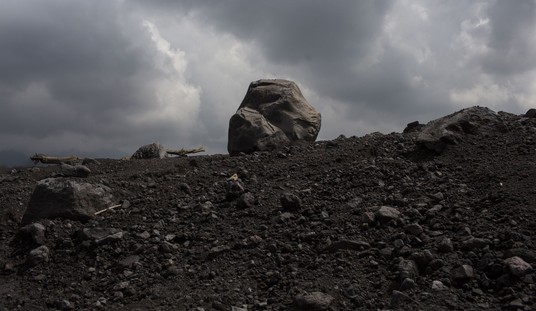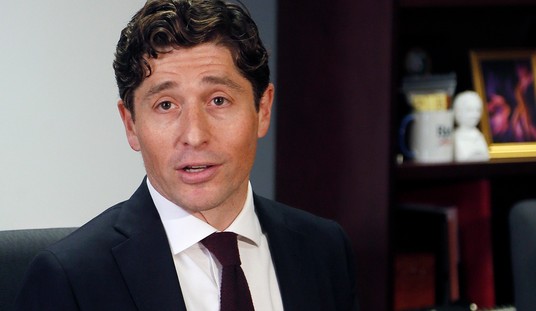Earlier this month, Judicial Watch asked a federal court for permission to depose Hillary Clinton in one of two ongoing lawsuits involving her private server. Thursday afternoon the Department of Justice weighed in on the side of the State Department, saying Judicial Watch’s request was too broad and would duplicate effort already underway in another case. The Hill reports:
In the government’s filing late Thursday, the Justice Department said that Judicial Watch’s request is “overbroad and duplicative.”
Instead, it claimed, the group should complete the depositions in the other case first before demanding an interview of Clinton and the other officials.
However, the department did say that it would not oppose a request to subpoena Jake Sullivan, a former senior State Department official and current top aide in Clinton’s presidential campaign, as long as questions were “on the limited topic” of officials using personal email accounts at the department.
The full document filed with the DC District Court is available here. State is not asking the judge to rule out a possible future deposition of Hillary Clinton, rather it is saying that argument should be put off until current depositions are complete:
After the resolution of the above-described discovery and the discovery in Civil Action 13-1363, Judicial Watch may choose to seek the Court’s permission to conduct additional discovery concerning clintonemail.com, if necessary, and State reserves its right to object. Awaiting the completion of those proceedings puts the Court and the parties in the best position to judge what “additional . . . discovery” would be needed to determine “whether the search conducted here reasonable produced all responsive documents.”
One interesting aspect of the development of this case is mentioned in the current brief. The government is arguing that its efforts to produce documents in response to FOIA requests were sufficient, even though clintonemail.com was not searched, precisely because Clinton’s private server was set up outside of State’s control:
Plaintiff did not take issue with the searches that State had already conducted, and made no effort to discredit the sworn declaration describing those searches that accompanied the Department’s motion for Summary Judgment. Rather, Judicial Watch alleged a need to “understand[] . . . the facts and circumstances surrounding Mrs. Clinton’s . . . [and] other officials’ use of ‘clintonemail.com’ accounts,” Pl.’s Reply in Supp. of Mot. to Allow Time for Limited Disc. Pursuant to Rule 56(d) at 10 (“Pl. Reply”). In other words, Plaintiff sought discovery not about the searches that State conducted, but about searches that it claims State should have conducted of records that it did not have.
Well, it does seem reasonable to ask why Clinton’s only email account is not searched in a request for Clinton’s emails. Obviously the judge agreed. And yet, there’s a certain element of truth to the implicit objection here. How could State be responsible for information on a server set up outside their control? That question puts a spotlight on Clinton’s decision to use a private server in the first place. It’s certainly fair to ask if this lack of availability to FOIA is exactly why she set this up in the first place.








Join the conversation as a VIP Member